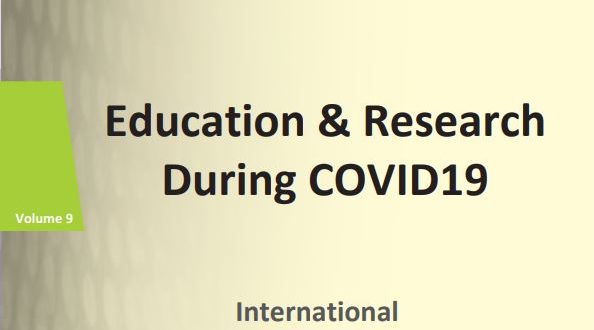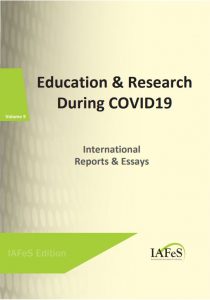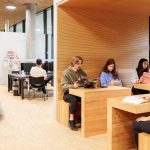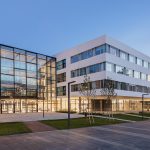Education & Research During COVID19 IAFeS
18TH NETTIES CONFERENCE (NETWORK ENTITIES) TIMISOARA, JULY 21-24, 2021 based on Digital Culture in Education, Science and Technology. Here you can find all the publication.
The International Association for eScience (IAFeS) was founded in December 2013 in Vienna
by members from Great Britain, Greece, Romania, Finland and Austria. Since that moment,
new institutional and individual members joined each year. They are all working together in
order to achieve the aims of the association: to promote development, education and research
in all areas of eScience and, especially, to encourage young researchers in these areas by
offering an exchange platform for international co-operation.
Each year, the association organizes a conference called NETTIES (Networking Entities). The
first edition was organized in 1994 in Vienna, Austria, under the umbrella of EATA (European
Association for Telematics Applications). As a continuator of that association, IAFES continued
to organise the NETTIES conference.
The 18th edition NETTIES 2020 conference was planned to take place in September 2020, in
Vienna. Unfortunately, due to the global crisis caused by COVID-19, the conference had to be
postponed to 2021.
The pandemic disrupted economic, social, educational and cultural activities globally.
Education worldwide had to adapt quickly to the restrictions and to move totally or partially
online. It was a big challenge especially for preuniversity teachers and students. But nobody
could afford to take a decision to stop education for a whole generation! At the university level
things adapted easier, with different experience in different countries and for different fields of
study. The research activities also had to go on. Some conferences and workshops have
moved totally or partially online, making use of different digital tools. The videoconferencing
traffic increased substantially and connected actors from the educational and research sectors,
but also people working from home in different companies. New business models have been
developed on this occasion, and it is expected that many of them will still be in place after
going out from the crisis situation.
This book intends to collect different experiences in different parts of the work, thus giving the
possibility to compare different solutions and experiences. This should be one of the strengths
of IAFeS as a global organisation, by allowing its members to exchange ideas and to learn
from each other experiences.
We hope that the book will inspire the readers to better understand the global changes coming
with the pandemic.





